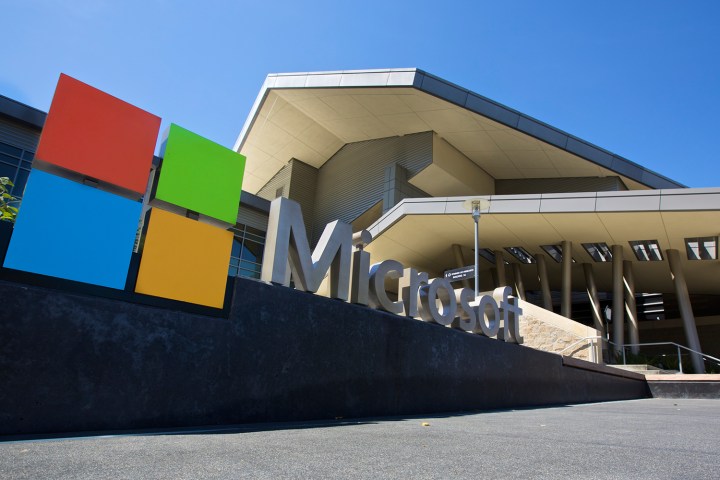
Todd Holmdahl is Microsoft’s corporate vice president of next-gen devices. He is perhaps best known for his role in the hardware design of the Xbox and Xbox 360 video game consoles, but his current project puts him at the helm of the company’s burgeoning interest in quantum computing.
“We have line of sight to a commercial product,” Holmdahl told the MIT Technology Review. In some ways, Microsoft is facing an uphill struggle as it attempts to compete with rivals who have spent more time actively pursuing quantum computing. That said, the company is taking a different approach and there is a lot of optimism about the results it could yield.
Researchers have used various different methods in their attempts to create a large-scale universal quantum computer and two implementations — trapped ions and superconducting qubits — have emerged as the most promising options. However, even when the approach at the foundation of a project has been decided upon, there is plenty of work to be done in terms of scaling up.
For instance, the recent IBM Q announcement stated that the company expects to offer a 50-qubit system over the next couple of years and it is expected that quantum computers will need thousands of qubits or more to realize their potential. Even the most promising implementations are hindered by the delicate nature of quantum hardware.
However, Microsoft is carving its own path with an attempt to create the first device that is able to isolate and encode a single bit of data using a subatomic particle known as the Majorana fermion. The team hopes to use this research to create topological qubits, which would be much more resilient and stable than standard qubits.
If it is a success, it could help Microsoft outpace its competition once the necessary groundwork has been laid. Holmdahl is confident that the project will hit the mark, as the 52-year-old told the MIT Technology Review that he expects the company to construct its first topological qubit before he retires.
The race to secure the market for commercial quantum computers has been heating up for some time but with Microsoft doubling down on its efforts, things are about to get even more interesting. Holmdahl’s presence on the project indicates that the company is pursuing a commercial product, rather than just theoretical research and it seems clear that time is of the essence.
Editors' Recommendations
- Microsoft admits defeat on its controversial OneDrive change
- Edge Copilot finally delivers on Microsoft’s Bing Chat promises
- Microsoft Teams Premium uses AI to automatically recap your meetings
- Meta wants you to use its creepy Portal as a secondary monitor
- Scientists just achieved a breakthrough in quantum computing


